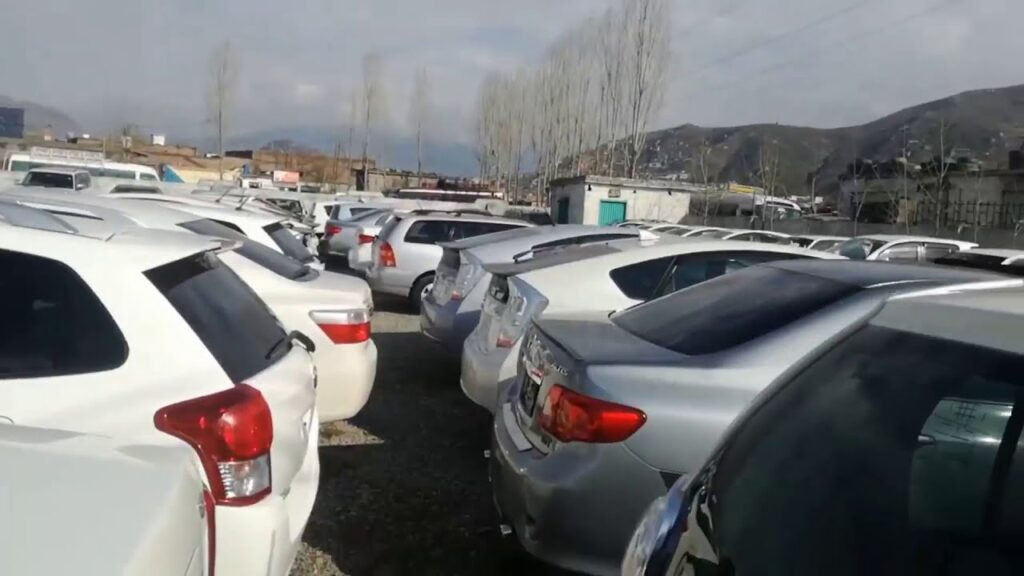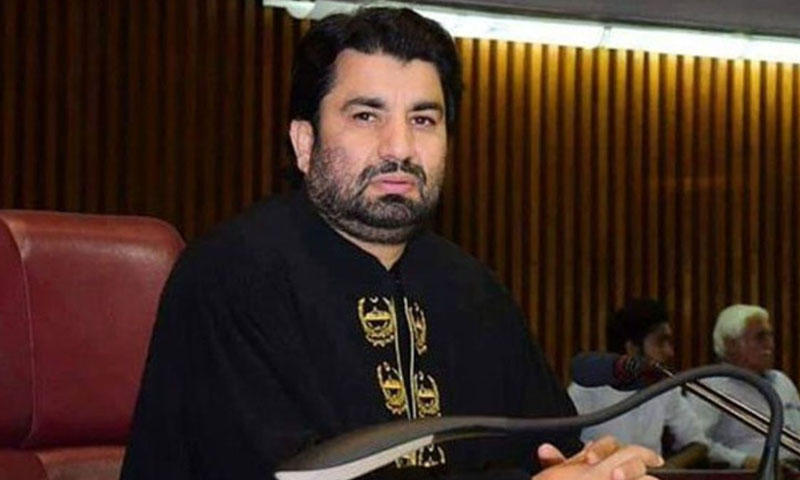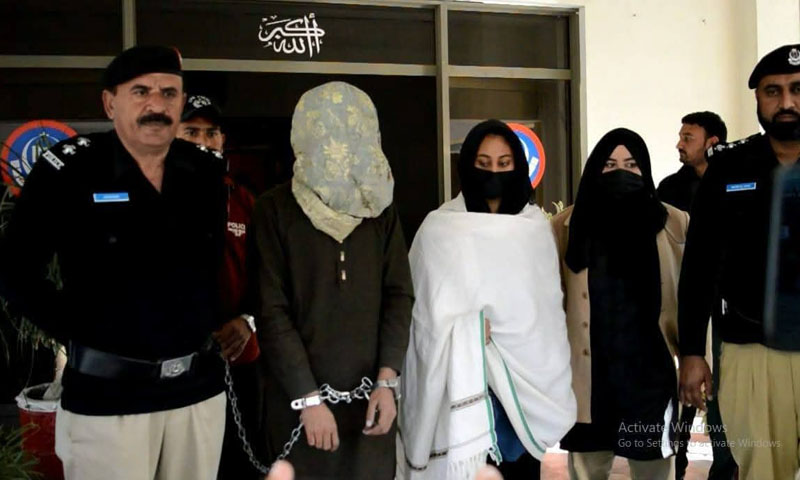- Web Desk
- Feb 09, 2026
Should NCP car owners in tribal districts, Malakand Division be worried?
-

- Web Desk
- Oct 12, 2023

By Aqeel Yousafzai
PESHAWAR: The non-custom-paid vehicles of Malakand Division and tribal areas are a topic of regular debates even in the rest of the country and, given their lucrative prices, a source of envy for many. But what led to these areas having such lax laws when it comes to vehicles?
HISTORY
The laxity in custom and tax laws is not limited to vehicles. During the creation of Pakistan, multiple considerations were given by the country’s founder, Muhammad Ali Jinnah, to the residents of the tribal areas. Later, in 1969, during the wilful accession of the state of Swat to Pakistan, special concessions were extended to the people of the princely state too.
What was common between the two historical turning points were the special exemptions from taxes, customs, and duties given by the state of Pakistan. Similar privileges were also granted to Dir and Chitral states.
In 2018, Federally Administered Tribal Areas and Provincially Administered Tribal Areas were merged into Khyber Pakhtunkhwa through the 25th constitutional amendment – a decision that was welcomed by most political parties and the general public. Yet, there were certain circles which expressed their reservations. One of the most pressing concerns pertained to the exemptions from taxes and related regulations. This was because, in light of some fundamental sections of the 25th constitutional amendment, all regions holding the status of FATA and PATA were to have the same laws as the rest of the country.
However, given the uproar, it was clarified that these areas would be exempted from taxes and the like for the next 10 years, but despite the announcement, news of enforcement of all regulatory duties in all these areas would emerge every now and then. During the Pakistan Tehreek-e-Insaf (PTI) government, things had moved forward from basic consultations to proper ‘homework’ on the matter.
This is when public pressure groups were formed preemptively to fend off the potential implementation of these laws. These included the Malakand Qaumi Jirga and the Swat Qaumi Jirga, which included representatives of all political parties as well as prominent members of civil society.
RECENT TITTLE-TATTLE
Although PTI was not successful in extending customs and tax regulations to Malakand Division and former FATA, sources say multiple consultations have taken place to impose regulatory duties on the hundreds of thousands of non-custom paid vehicles, which are brought in from Afghanistan through grey channels.
A cautious estimate puts the number of NCP vehicles in Malakand Division alone between 700,000 and 900,000. In the past, these vehicles used to enter the Malakand Division through Bajaur, Mohmand from Khyber. When security arrangements on the Pak-Afghan border were tightened, the route changed, and the vehicles started coming into these areas from as far as Chaman in Balochistan. This remains the major supply route to date.
When senior officials of the provincial government were contacted about the proposed enforcement or expansion of the Custom Act, they said that no final decision had been made yet. However, after decisions recently made during the apex committee meetings attended even by the military top brass, there is a serious possibility that these vehicles might be brought under the tax umbrella. Not only that, the decisions also include monitoring of these vehicles, touching almost a million in numbers. This decision is said to have been taken on the pretext of controlling smuggling to and from neighbouring Afghanistan and follows the same pattern as the curbs on dollar outflow and the transit trade goods.
Commissioner Malakand, Saqib Raza Aslam, speaking to a group of journalists the other day, said that at the moment no action is being taken against NCP vehicles and this information is merely a rumour. However, he did not outrightly deny that a plan of this nature is under consideration.
OUTCRY
According to the provincial leader of Jamaat-e-Islami and former provincial minister, Inayatullah Khan, the people of Malakand Division and tribal areas have not only given countless sacrifices for peace but have also suffered immense economic and business losses. In addition, these areas have also been greatly damaged by earthquakes and floods.
“Instead of providing facilities and concessions to the people, the caretaker government is imposing decisions that not only transcend its constitutional mandate but are also unacceptable.”
According to him, smuggling should undoubtedly be stopped. However, two fundamental questions should be kept in mind. “First, how did these cars from Afghanistan end up in Pakistan under the nose of border authorities? Secondly, how do these thousands of vehicles cover the hundreds of kilometres from Chaman to Malakand without being noticed by authorities?”
The questions are not only relevant to the overall discussion taking place on the control of smuggling but also raise eyebrows.
“The army chief had issued stern warnings to security personnel involved in cross-border smuggling and they could face court martial,” Pakistan’s interim interior minister Sarfraz Bugti told media during a press briefing in Islamabad earlier without naming an individual or organisation.
Whether the state of Pakistan keeps its promise of not extending regulatory laws to Malakand Division and the tribal district or punishes the owners of NCP cars for the incompetence of officials who could not control their smuggling over decades, if not enabling it, is yet to be seen but public sentiment in this regard is already fragile.
Leader of Swat Peace Jirga, Mukhtiar Khan Yousafzai, said, “the people will neither give custom duties on the NCP vehicles nor agree to give taxes, etc.”
This is a sentiment shared by the common man in these areas and something the policymakers should be aware of.
Parties including Awami National Party, Jamaat-e-Islami, Jamiat Ulema-e-Islam, Pakistan People’s Party, Pakistan Muslim League-Nawaz, and Pashtun Tahaffuz Movement have also rejected the possibility of such a decision.




